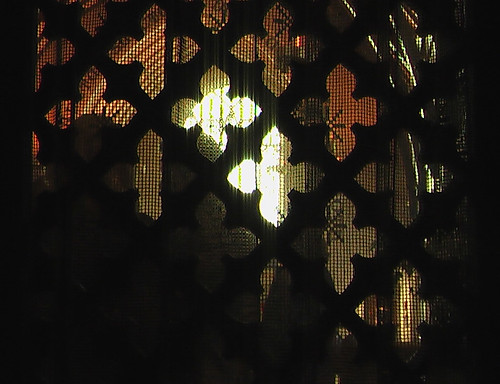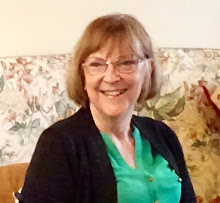
There is already lots of interesting discussion on the course which has raised for me three separate questions to ponder on.
1. To what extent should reflective writing be confessional, if at all?
I suppose this very much depends on the purpose of it. In some circumstances it can be quite cathartic to 'pour it all out', but should this then be shared with others? We used to ask trainee teachers to 'reflect' on their lesson teaching and write up their evaluations and reflective journals, and then hand them in for assessment. I'm sure this practice still exists. But if I was hoping to qualify as a teacher, no way would I reveal all my failings and disastrous lessons to the very person who was going to assess me. I would definitely censor it. Ultimately I would be getting my qualification for my ability teach, not for my ability to write reflectively.
2. To what extent should we expect all students to be reflective practitioners?
In my experience every trainee teacher is introduced to one of the learning models which includes reflection - usually an adaptation of Kolb's learning cycle. But although it is presented as part of a cycle in the models, it is very often tagged on to the end of something in practice. This means that it may be the very last thing that students tick off on their 'To do' list, especially for those who are naturally more 'activists' than 'reflectors', if we are to believe Honey and Mumford's learning styles. By asking all students to reflect are we necessarily doing the best thing? Would there be some circumstances in which it wouldn't be in the student's best interests to be asked to 'reflect' and keep a learning journal? Just a thought.
3.Why are some students good at reflecting, reflective learning and reflective practice and others not? How much of it is habit and consistency of practice?
Does part of the answer to these questions lie in the pace of living? Is reflection necessarily a slow process that needs time and space? Do our students have this time and space, with their overloaded curricula?
These are all interesting questions which I hope we will explore more as we work through the course.
Source of image: http://farm1.static.flickr.com/45/272497119_44eef3aba5.jpg

No comments:
Post a Comment